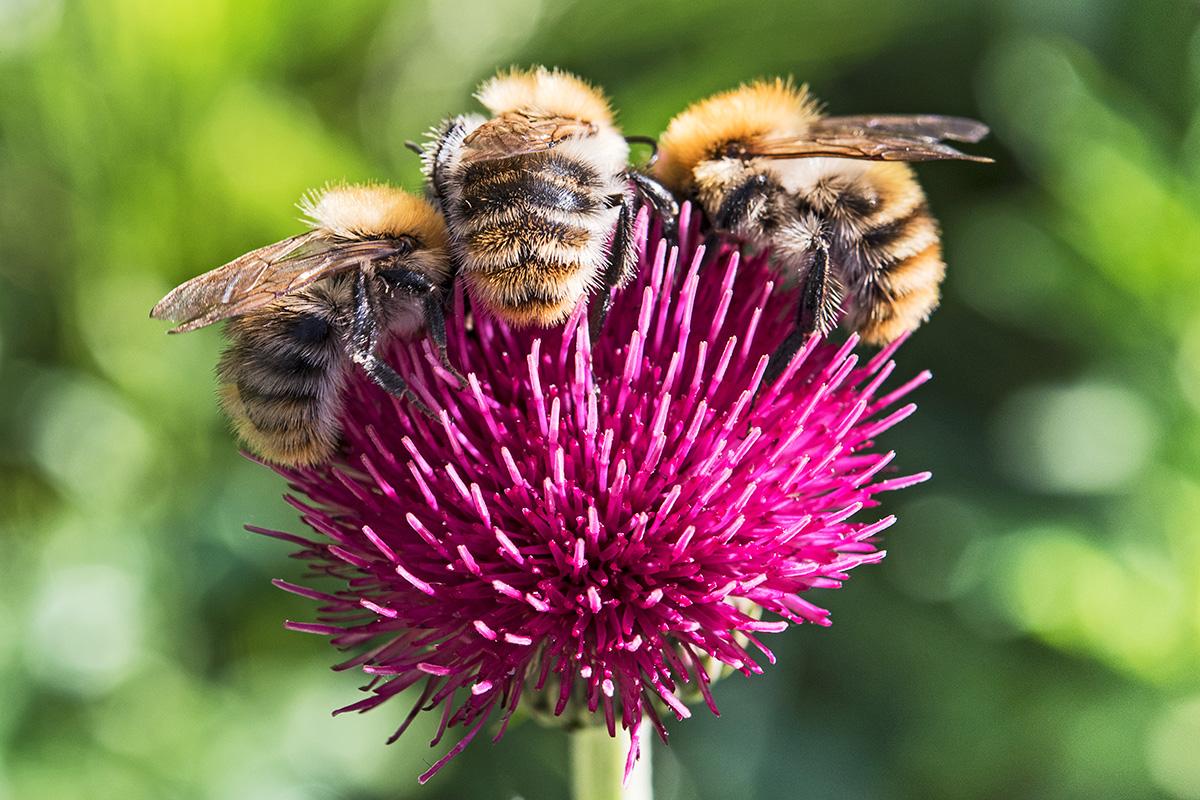The biodiversity community faces the challenge to evaluate and improve the sustainability of its data practices and infrastructures to ensure that they are future-proof and resource-efficient. An all-round evaluation of sustainability in biodiversity informatics requires to address, alongside financial viability, also the fair use of natural resources required by infrastructure development and maintenance, and the availability of biodiversity data for all interested stakeholders, irrespective of constraints such as economic resources or location.
The aim of the project "Promoting sustainable data practices and infrastructures in biodiversity science" is to provide a thorough analysis of environmental, social, and economic sustainability for data practices and infrastructures in the biodiversity community. The analysis is praxis-oriented and focuses on guidelines for sustainable data life cycles, the identification of appropriate data technologies, and the definition of sustainability benchmarks and key performance indicators. These actionable insights are crucial for developing infrastructures for research data that can keep pace with the steady growth of biodiversity information activities without placing an undue financial or environmental burden on future generations. They are also essential to realise the potential biodiversity data have as drivers of sustainable development according to the United Nation 2030 agenda.
The project is based at the Museum für Naturkunde Berlin (MfN). MfN is a research institution committed both to the investigation of biodiversity science and to foster a constant dialogue about nature and biodiversity with stakeholders coming from civil society, public policy, and the business sector. The image on this page is taken from one such initiative, the Pollinator Pathmaker project.
The network of partner institutions in the biodiversity community includes international information infrastructures (GBIF), associations devoted to manage data standards and promote collaboration in biodiversity informatics (TDWG), research infrastructures for natural science collections (DiSSCo), and NFDI4Biodiversity, the consortium of scientific institutions creating and managing biodiversity data within the German National Research Infrastructure (NFDI).
Funding
The project is supported by the German Research Foundation (DFG) [Project No. 528674292] as part of its Scientific Library Services and Information Systems (LIS) funding program.

